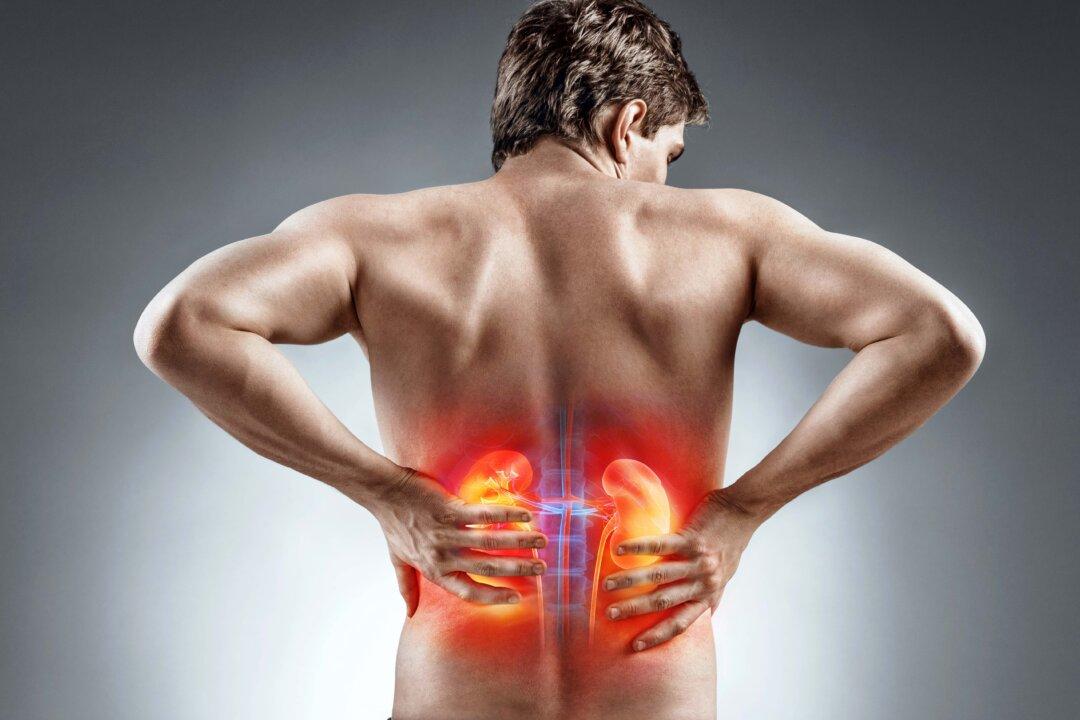Our kidneys are hard workers and we should treat them nicely. These fist-sized organs shaped like a kidney bean (got their name?) are real powerhouses. Kidneys help the body process and retain necessary nutrients, maintain fluid levels, and eliminate unnecessary substances.
Without well-running kidneys, your body lacks the mechanism to handle products from digestion, keep fluid levels where they should be, or maintain the right amount of potassium, sodium, and other important minerals.





